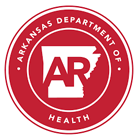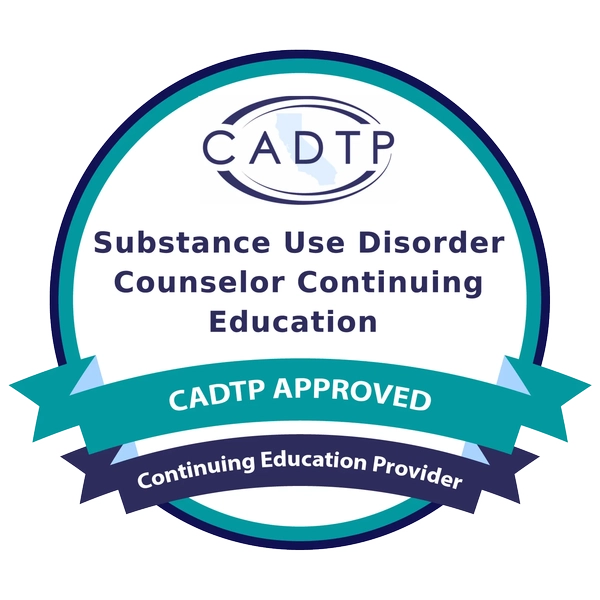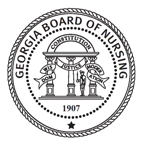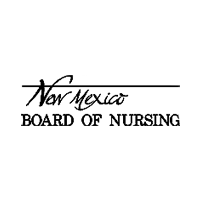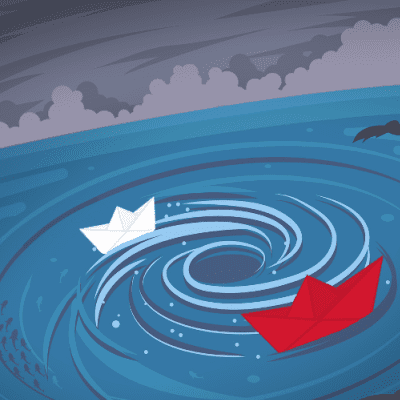We do not respond to voicemails. If we do not answer, we are on the line with another client. Please text or email us. We respond throughout the day or attempt to call again at another time.
Compulsive Hoarding and the Meaning of Things
Hoarding also called compulsive hoarding, and compulsive hoarding syndrome can be a symptom of obsessive-compulsive disorder (OCD). Still, many hoarders don’t have other OCD-related symptoms, and researchers are working better to understand hoarding as a distinct mental health problem.
This course will award 2 continuing education hours.
Please see the board approval box for course approvals.Course Objectives
- Understand the key signs and symptoms of hoarding behavior.
- Identify the risk factors and causes that contribute to hoarding disorder.
- Learn effective diagnostic methods for assessing hoarding tendencies.
- Explore the emotional and social impacts of hoarding on individuals and families.
- Discover treatment options, including cognitive-behavioral therapy, for managing hoarding behavior.
- Gain strategies for professionals to intervene and support individuals struggling with hoarding.
Board Approvals
National Approvals
-
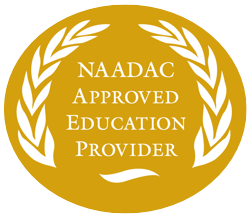 The Association For Addiction Professionals NAADACBayside Continuing Education and Development Provider Number 81892 is a NAADAC Approved Education Provider for educational credits. NAADAC Provider number 81892 is responsible for all aspects of the programming.
The Association For Addiction Professionals NAADACBayside Continuing Education and Development Provider Number 81892 is a NAADAC Approved Education Provider for educational credits. NAADAC Provider number 81892 is responsible for all aspects of the programming.
State Approvals
-
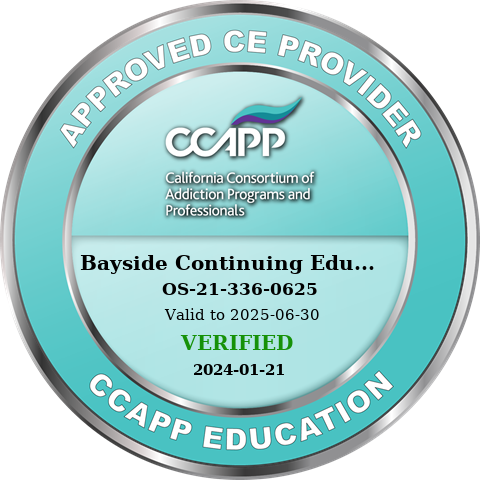 California Consortium of Addiction Programs and Professionals CCAPPProvider approved by CCAPP-EI, Provider # OS-21-336-0623
California Consortium of Addiction Programs and Professionals CCAPPProvider approved by CCAPP-EI, Provider # OS-21-336-0623 -
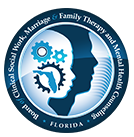 Florida Board of CSW, MFT, MHCFlorida Board of CSW, MFT, MHC Provider Number 726
Florida Board of CSW, MFT, MHCFlorida Board of CSW, MFT, MHC Provider Number 726 -
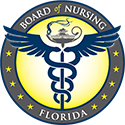 Florida Board of NursingProvider number NCE3508
Florida Board of NursingProvider number NCE3508
Information
- Relevance: This course is relevant for mental health professionals, social workers, housing authorities, and healthcare providers seeking to understand and address the complexities of hoarding behavior in order to offer effective support and intervention.
- Content Level: Intermediate
- Course Format: This course is offered as a self-paced distance learning format (reading-based online activity)
- System Requirements: This course is offered online. Internet connection required.
- Course Completion Information: To earn continuing education credit, professionals must register and pay the fee for the course. They must read the content and demonstrate understanding by earning a minimum score of 70 percent on testing materials. The certificate of completion will be able to be downloaded after the above is completed. Refunds will be granted upon request with the withdrawal of credit for the course. For questions, concerns, or to request special accommodations, please call 866-863-4225 or email ContactUs@BaysideCEU.com.
- CEBroker Course ID: 1001692
- Credit Hours: 2
Loading...


